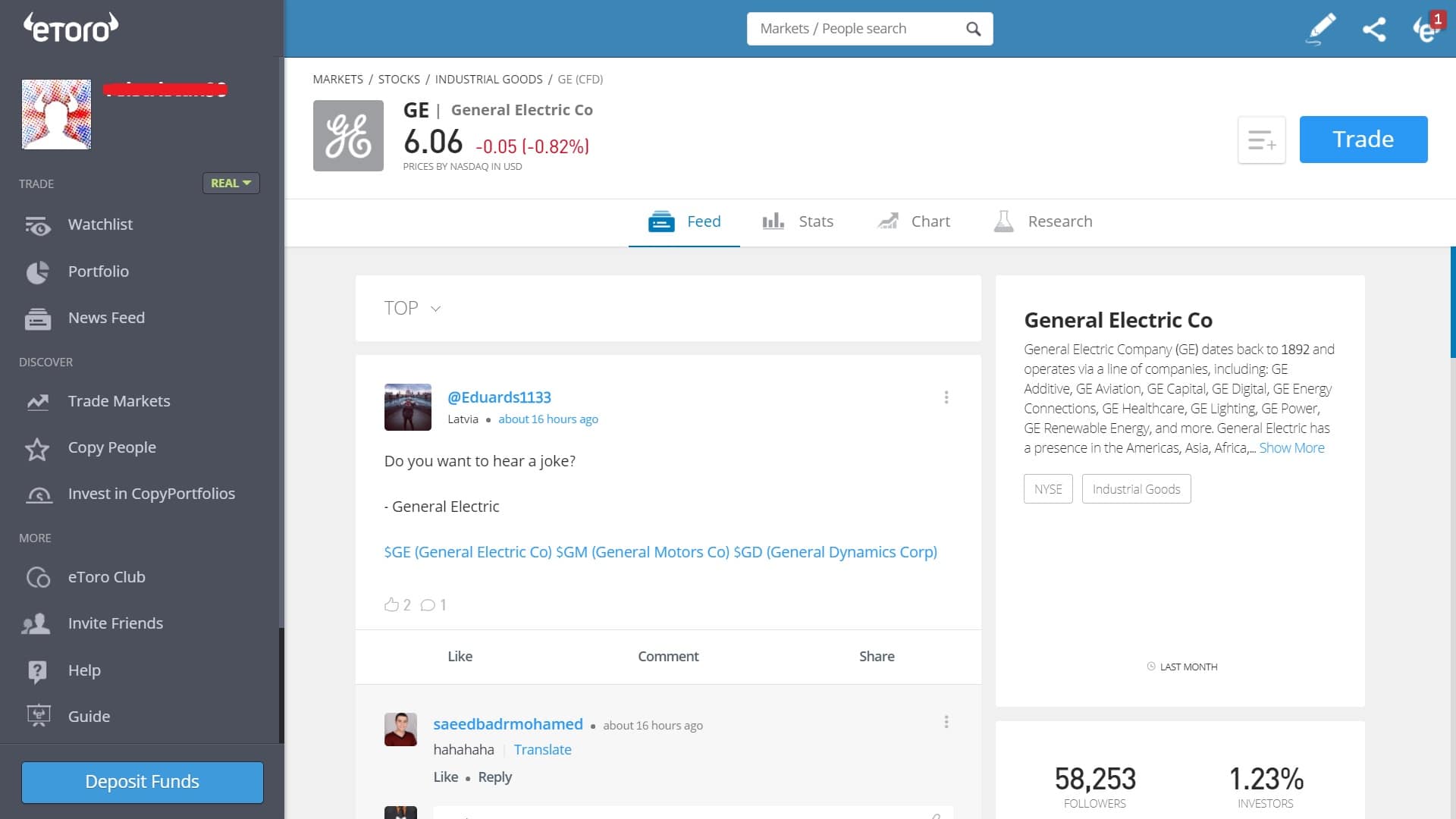

Finance
Comptroller General Definition
Published: October 31, 2023
Learn the Comptroller General definition in finance and understand the key role they play in managing financial resources and ensuring accountability.
(Many of the links in this article redirect to a specific reviewed product. Your purchase of these products through affiliate links helps to generate commission for LiveWell, at no extra cost. Learn more)
Understanding the Role of Comptroller General in Finance
Finance is a vast and complex field that encompasses various roles and responsibilities. One such crucial role is that of a Comptroller General. If you’ve ever wondered what a Comptroller General is and what they do, you’ve come to the right place. In this blog post, we will delve into the definition of a Comptroller General and shed some light on their significance in the world of finance.
Key Takeaways:
- A Comptroller General is an important position in finance that ensures the effective management of financial resources.
- They are responsible for overseeing financial operations, implementing financial policies, and maintaining accurate financial records.
So, what exactly is a Comptroller General? Simply put, the Comptroller General is a high-ranking official who acts as the chief accountant and financial officer in an organization, usually within the government or public sector. They play a crucial role in managing and monitoring the financial activities and resources of an entity to ensure fiscal responsibility and accountability.
Here are a few key responsibilities of a Comptroller General:
- Financial Oversight: One of the main responsibilities of a Comptroller General is to provide financial oversight by ensuring that financial operations comply with established policies and procedures. They evaluate financial systems, internal controls, and financial statements to identify any discrepancies or irregularities.
- Budgeting and Financial Planning: Comptroller Generals are actively involved in the budgeting process. They work closely with department heads to develop realistic financial plans, allocate funds, and track spending to ensure it aligns with the organization’s goals and objectives.
- Financial Reporting: Another crucial aspect of the Comptroller General’s role is to generate accurate and timely financial reports. These reports provide valuable insights into the financial health of the organization, helping stakeholders and decision-makers make informed decisions.
- Auditing and Compliance: Comptroller Generals play a vital role in ensuring compliance with financial regulations and auditing standards. They oversee internal and external audits, working closely with auditors to address any audit findings and implement necessary improvements.
- Financial Policy Development: They also contribute to the development and implementation of financial policies and procedures that promote financial transparency, efficiency, and accountability within the organization.
Overall, a Comptroller General is an indispensable figure in the finance realm. Their role extends beyond traditional accounting and finance tasks, as they provide guidance, monitor financial performance, and contribute to the overall financial strategy of an organization.
In conclusion, a Comptroller General is a key player in the world of finance. Their expertise and oversight ensure the effective management of financial resources, compliance with regulations, and the maintenance of accurate financial records. By understanding the role and responsibilities of a Comptroller General, we gain a deeper appreciation for their contribution to the smooth functioning of financial operations.














